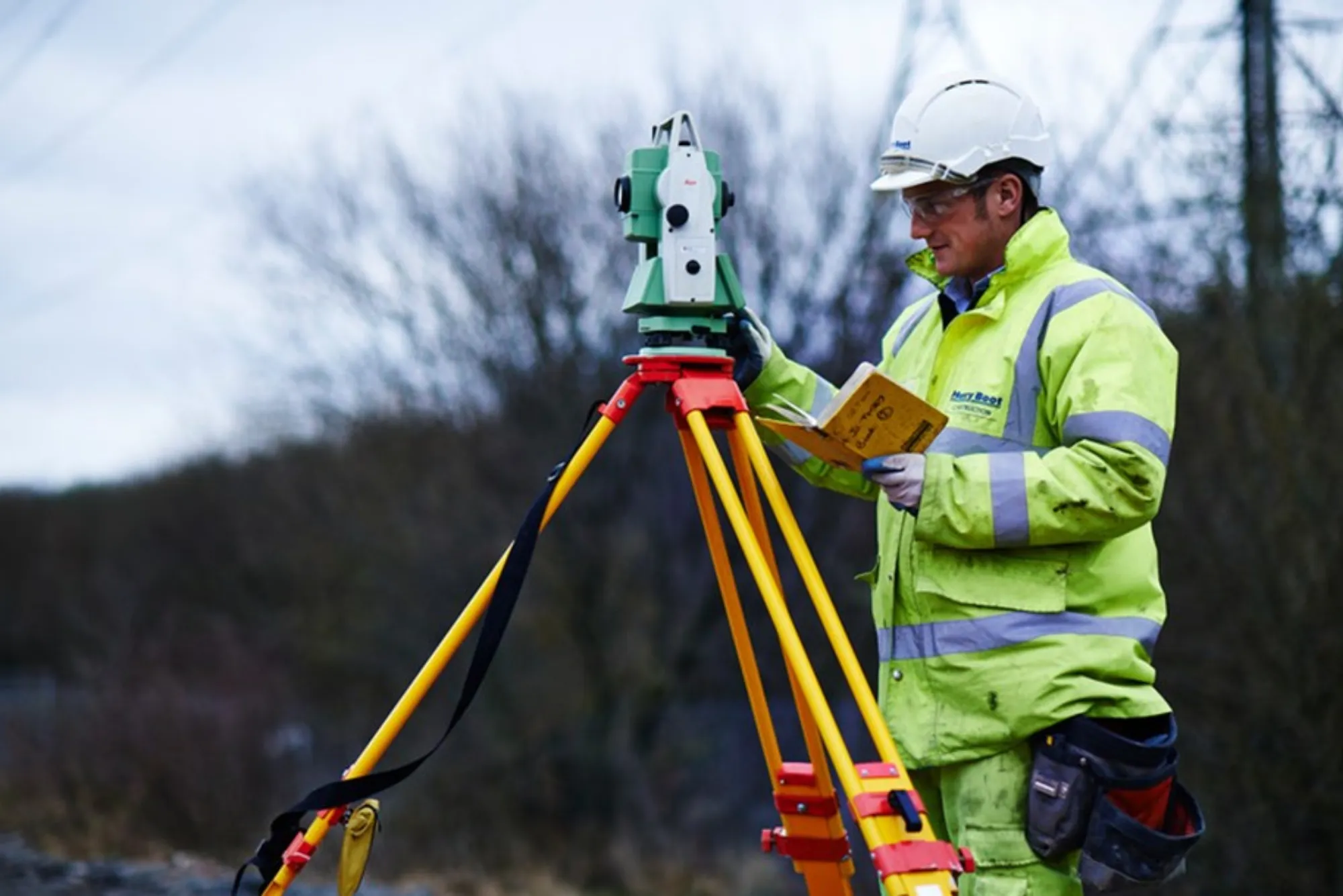Quantity Surveying is a critical field within the construction industry, playing a vital role in managing costs and ensuring projects are completed within budget. Quantity Surveyors are indispensable in achieving accurate Construction Estimates, which are crucial for the success of any construction project. This article explores the qualifications needed to become a Quantity Surveyor, highlighting the educational requirements, professional certifications, essential skills, and career pathways in this dynamic field.
What is Quantity Surveying?
Quantity Surveying involves managing all costs associated with building and civil engineering projects. Quantity Surveyors are responsible for ensuring that the financial position of construction projects is accurately reported and controlled effectively. They oversee Construction Estimates, cost planning, and commercial management, ensuring projects are delivered on time and within budget. The precision and expertise of Quantity Surveyors are essential in minimizing costs without compromising quality and ensuring the financial feasibility of projects.
Educational Qualifications
To embark on a career in Quantity Surveying, a relevant educational background is essential. Prospective Quantity Surveyors typically pursue a Bachelor’s degree in Quantity Surveying, Construction Management, or Civil Engineering. These programs provide foundational knowledge in construction technology, project management, and cost estimation.
Attending an accredited institution is crucial, as it ensures the quality and recognition of the degree. Postgraduate options, such as Master’s programs in Quantity Surveying or specialized courses in cost management, can further enhance one’s qualifications and career prospects.
Professional Certifications and Licenses
Professional certifications are a significant milestone in a Quantity Surveyor’s career. One of the most recognized certifications is from the Royal Institution of Chartered Surveyors (RICS). Obtaining RICS accreditation involves rigorous training, practical experience, and passing professional assessments.
Membership in professional organizations, such as the Chartered Institute of Building (CIOB) or the Australian Institute of Quantity Surveyors (AIQS), can also provide valuable credentials and networking opportunities. These certifications and memberships demonstrate a commitment to the highest standards of professional practice in Quantity Surveying.
Essential Skills and Competencies
Success in Quantity Surveying requires a blend of technical and soft skills. Technical skills include proficiency in construction technology, cost planning, and Construction Estimate. Familiarity with software tools for cost estimation and project management is also beneficial.
Soft skills are equally important. Effective communication, negotiation, and problem-solving abilities are crucial for interacting with clients, contractors, and stakeholders. Continuous professional development through workshops, seminars, and courses helps Quantity Surveyors stay updated with industry advancements and refine their skills.
Work Experience and Internships
Practical experience is invaluable for aspiring Quantity Surveyors. Internships, apprenticeships, and work placements provide hands-on experience and a deeper understanding of the industry. These opportunities allow individuals to apply theoretical knowledge in real-world scenarios, build professional networks, and gain insights into the daily responsibilities of a Quantity Surveyor.
Mentorship and networking play a vital role in career development. Connecting with experienced professionals in the field can provide guidance, support, and opportunities for career advancement.
Career Path and Advancement
A career in Quantity Surveying offers diverse pathways and opportunities for specialization. Entry-level positions typically include roles such as assistant Quantity Surveyor or trainee estimator. With experience, professionals can advance to positions such as senior Quantity Surveyor, project manager, or cost consultant.
Specialization options include project management, cost consultancy, or roles in specific sectors like infrastructure or real estate. The long-term career prospects in Quantity Surveying are promising, with potential for leadership roles and consultancy positions.
In summary, a career in Quantity Surveying requires a solid educational foundation, professional certifications, essential skills, and practical experience. Continuous learning and professional development are key to staying competitive in this field. With a blend of technical expertise and strategic thinking, Quantity Surveyors play a crucial role in shaping the financial success of construction projects. If you have a passion for construction and a knack for numbers, pursuing a career in Quantity Surveying can be a rewarding and fulfilling choice.









